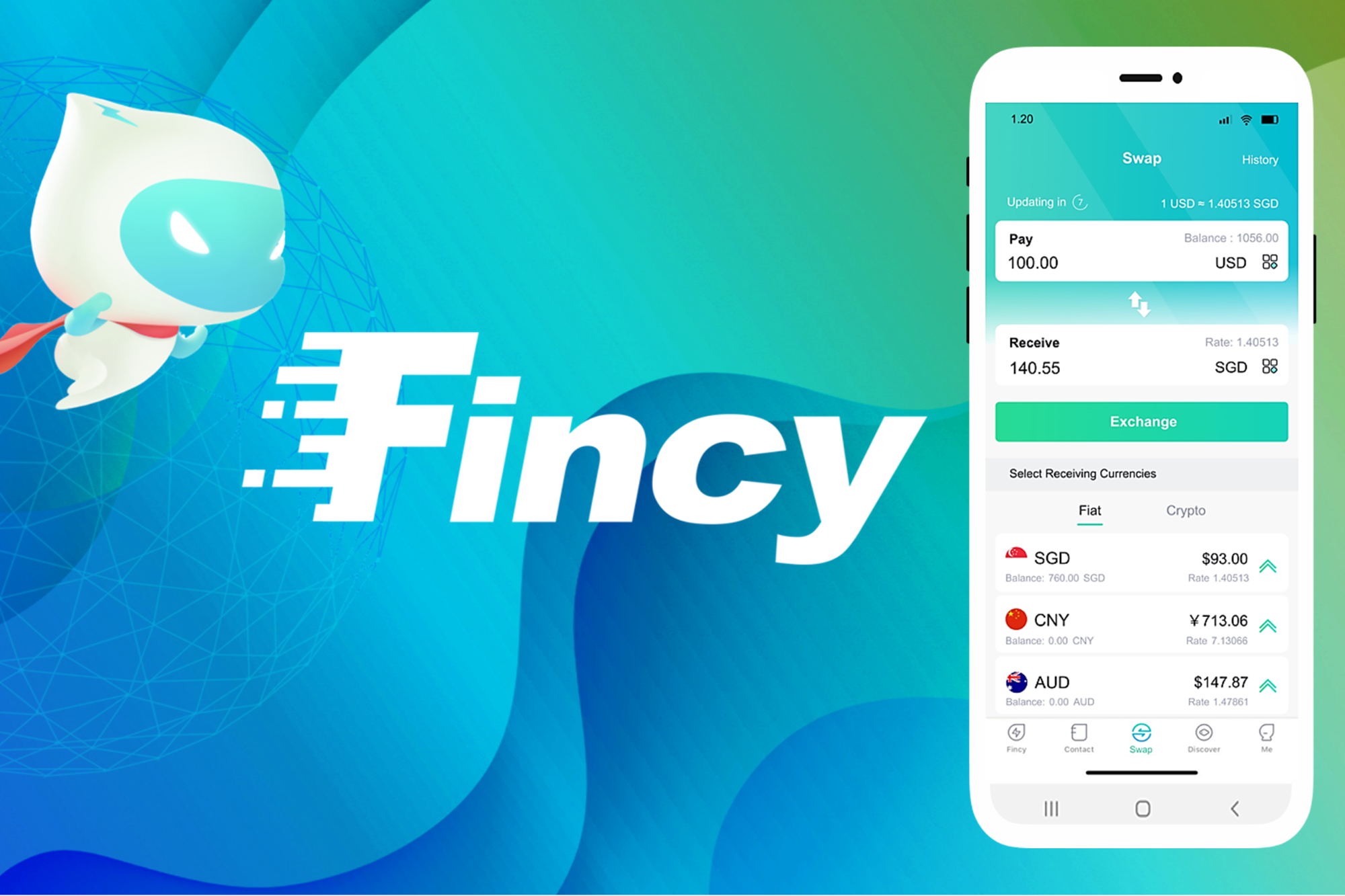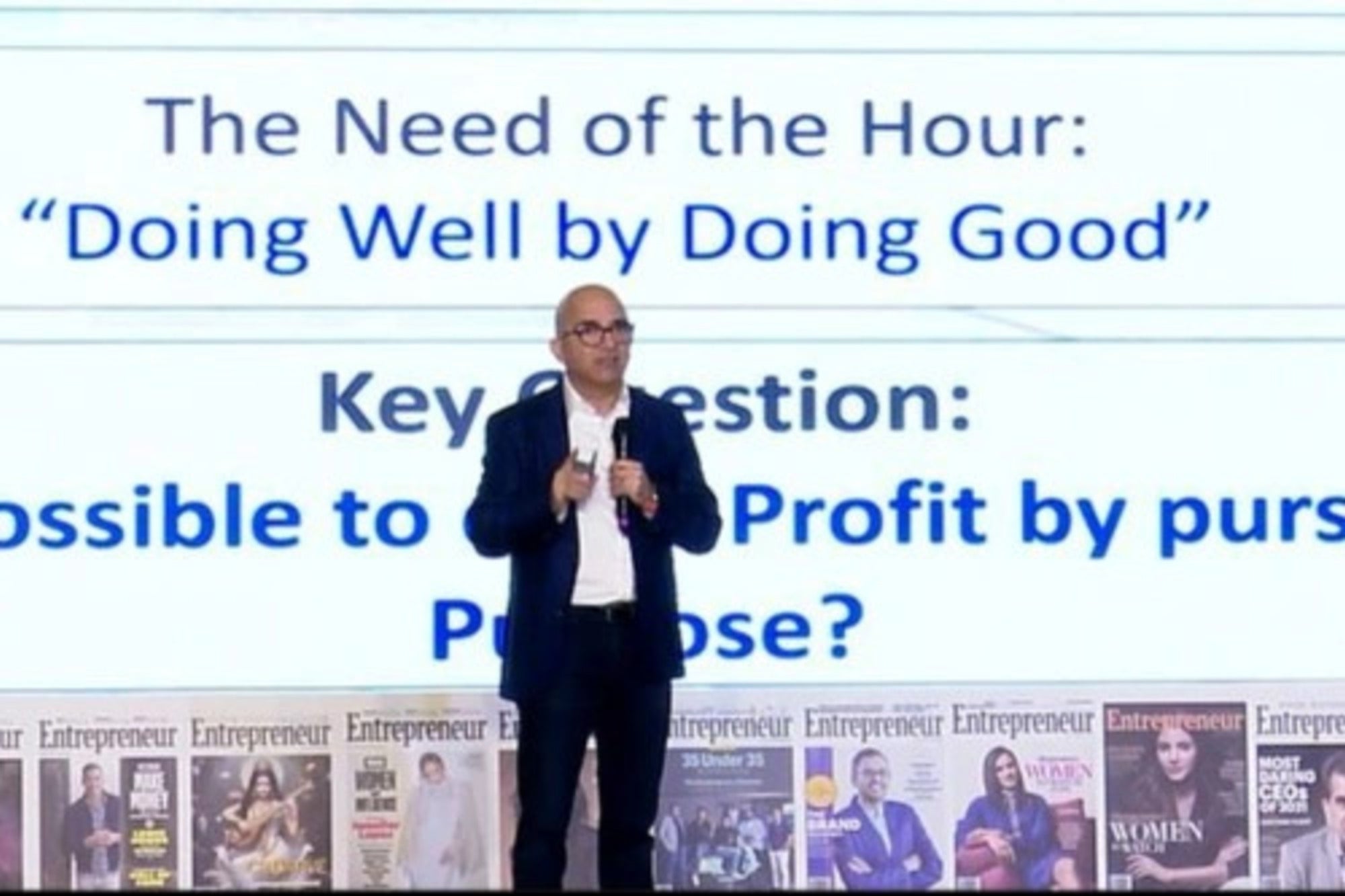Fintech Startup Fincy Secures $11 Mn From Parent Company GBCI Ventures The fintech will utilize the fund to expand its customer base in Singapore and accelerate its growth, first across southeast Asia followed by the rest of Asia
You're reading Entrepreneur Asia Pacific, an international franchise of Entrepreneur Media.

Singapore-based fintech startup Fincy on Friday announced that it has secured $11 million in fresh funding from parent company GBCI Ventures, a venture building firm.
Founded by Douglas Gan, Vanessa Koh and Lim Ming Wang from GBCI Ventures in 2019, the fintech aims to provide an affordable alternative to existing financial services, starting with simplifying currency exchange via a multi-currency wallet. It also enables users to build their own social networks in-app and make contactless mobile payments.
The fintech will utilize the funds to expand its customer base in Singapore and accelerate its growth, first across Southeast Asia followed by the rest of Asia.
It also has plans to establish a new headquarters in the central business district, where the technology, product development, compliance, sales and marketing work will be done. It will further utilise $1 million from the fresh funds to hire 50 talents to support its rapidly growing team in Singapore.
The company wishes to use some portion of the freshly acquired funds to attract its target audience which mostly comprises travellers who are looking for a better currency exchange rate solution.
In weeks to come, Fincy will also be finalizing an external funding round, according to a statement by the company."This venture building investment from GBCI Ventures is a massive vote of confidence for Fincy as a fintech solution that will solve real-world money problems," said Vanessa Koh, co-Founder and CTO of Fincy, "We look forward to taking Fincy to new heights in Asia and building a strong core team in Singapore."
Fincy's contactless approach is already being used in Myanmar's Yatai City. It is the exclusive provider of financial infrastructure to the city's growing number of residents, who can use the Fincy app to make purchases, perform transactions, receive salary, and manage their money without the need for physical contact.
Apart from Myanmar, Fincy is also providing contactless mobile payments in Phnom Penh, Cambodia, where it is accepted by more than 700 merchants and used by over 40 company payrolls.












